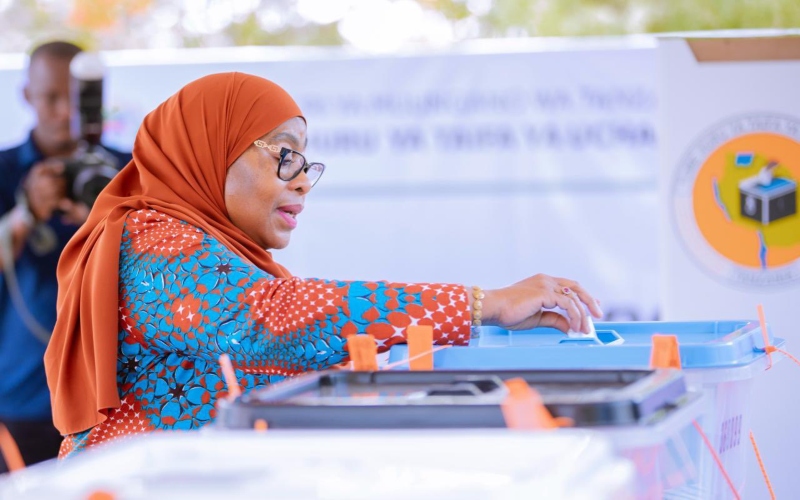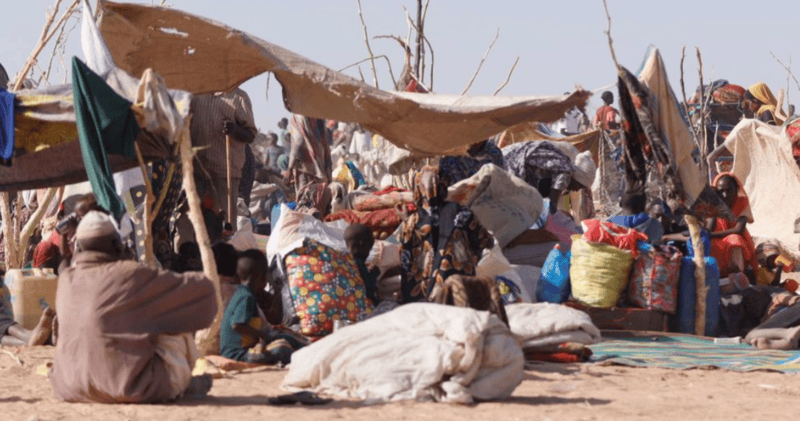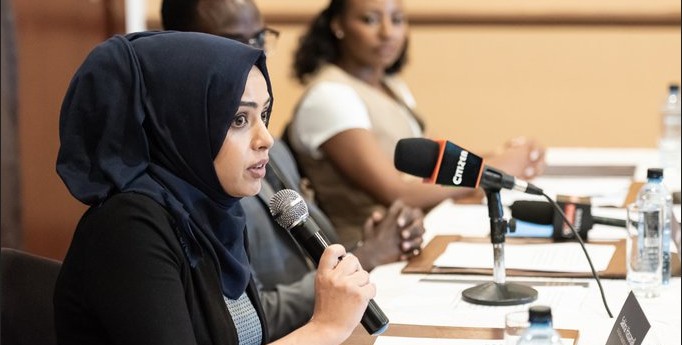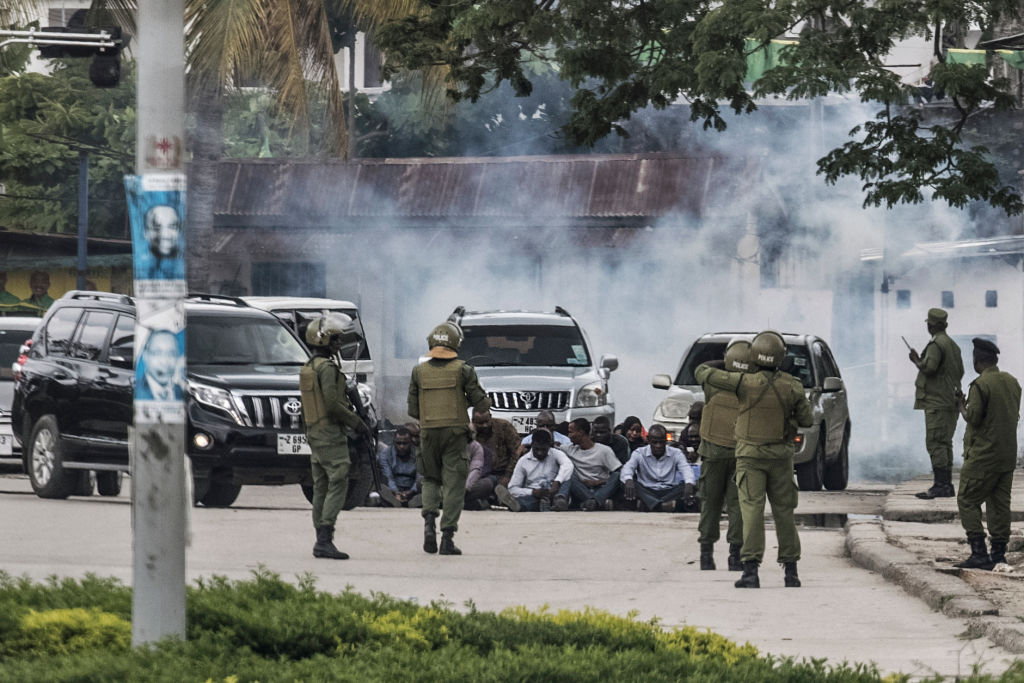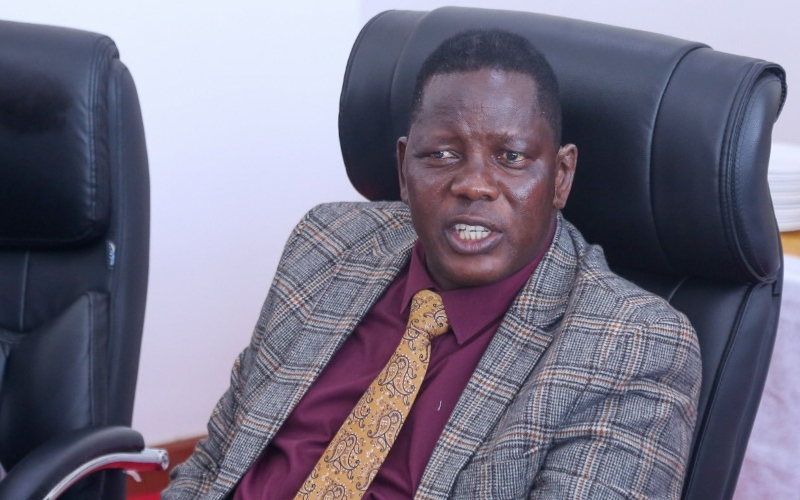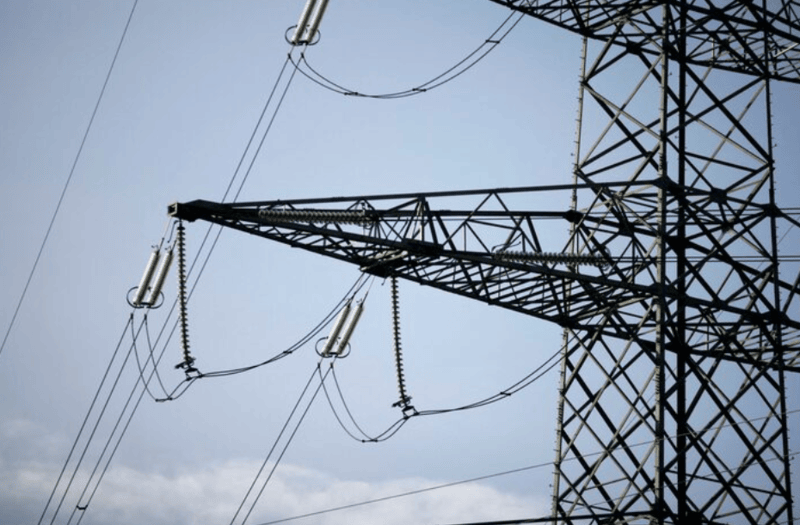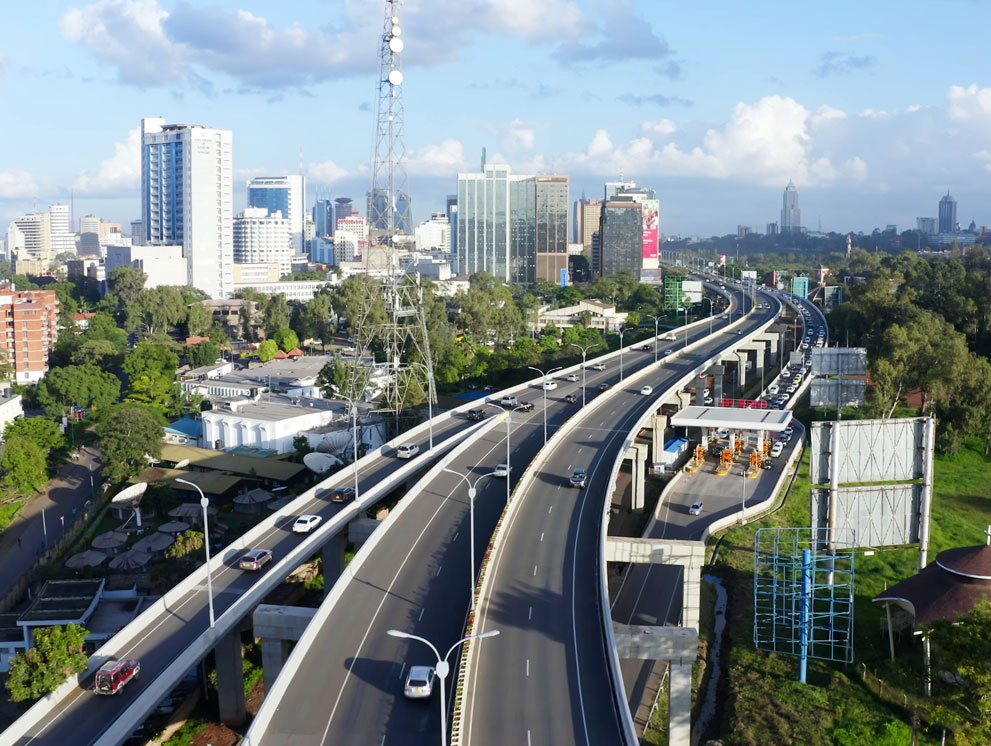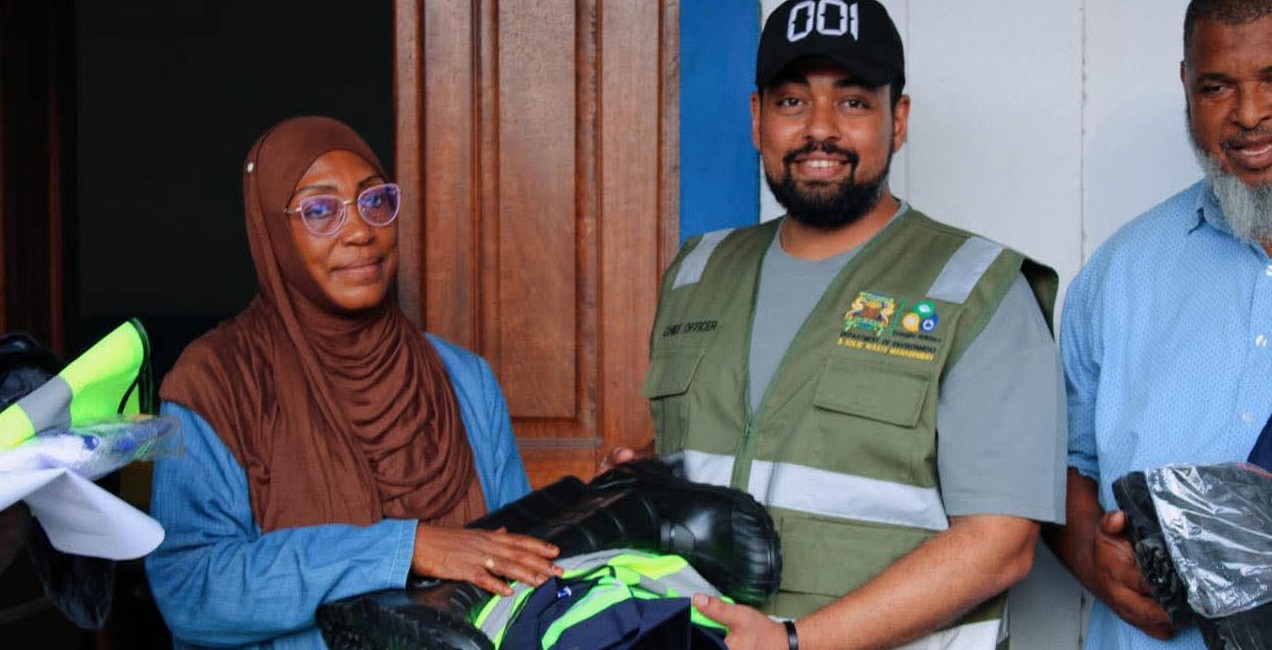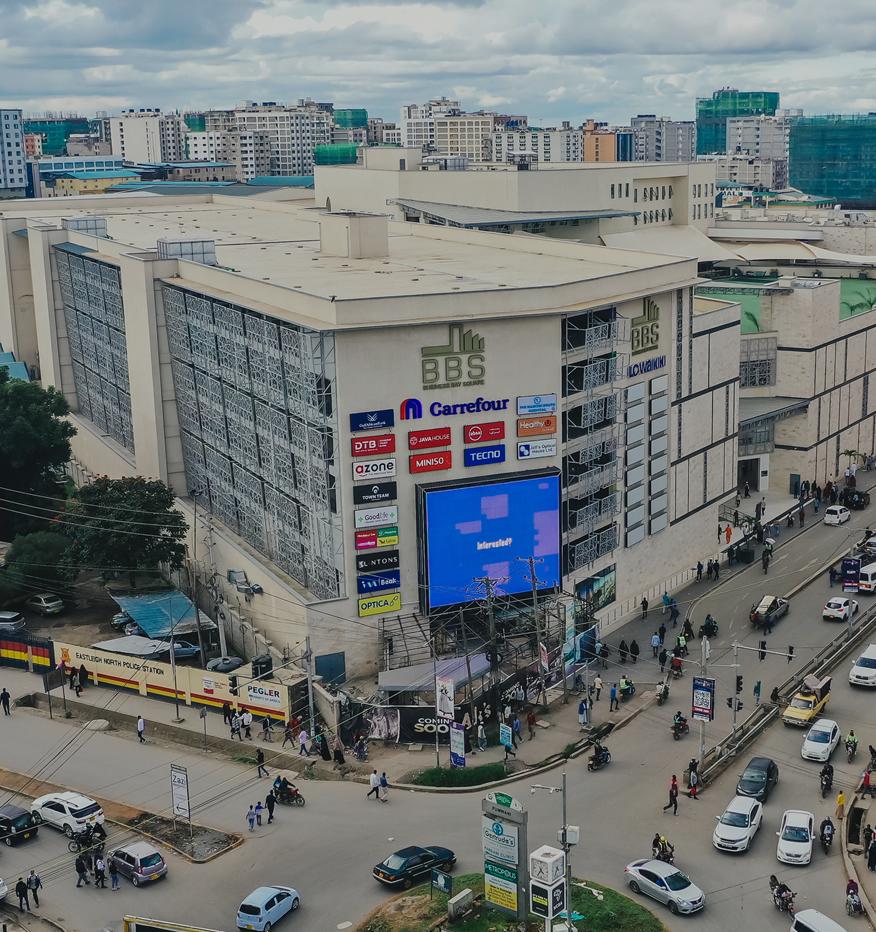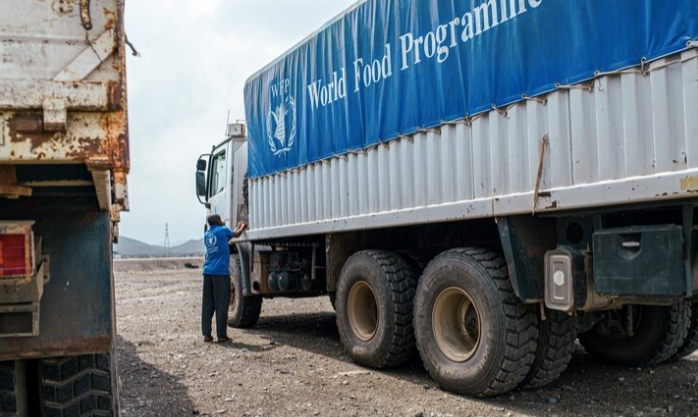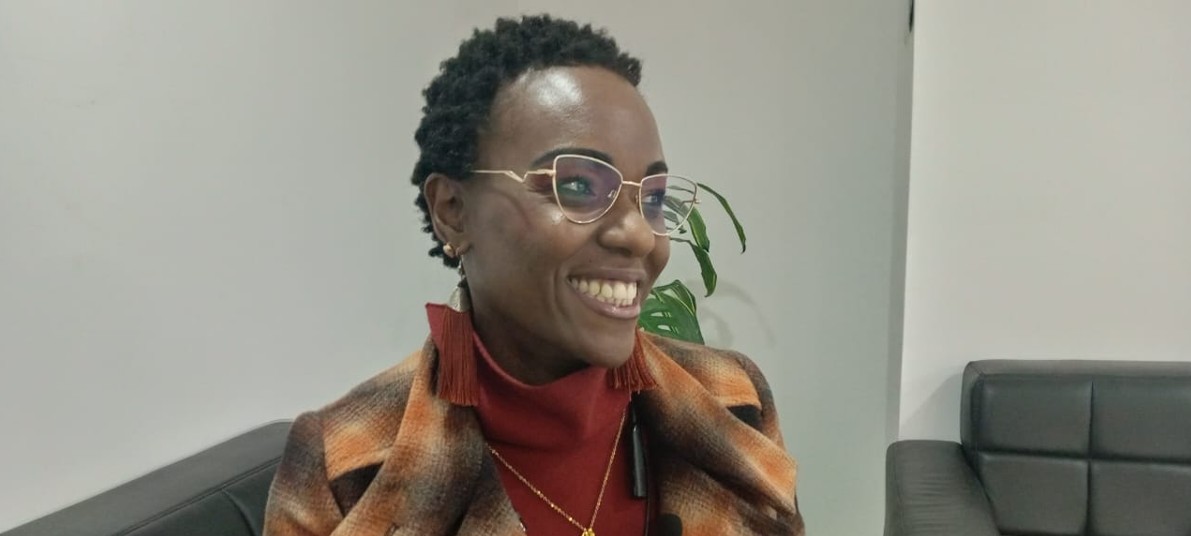ICJ grants African Union permission to weigh in on Israel's obligations in occupied Palestinian territories
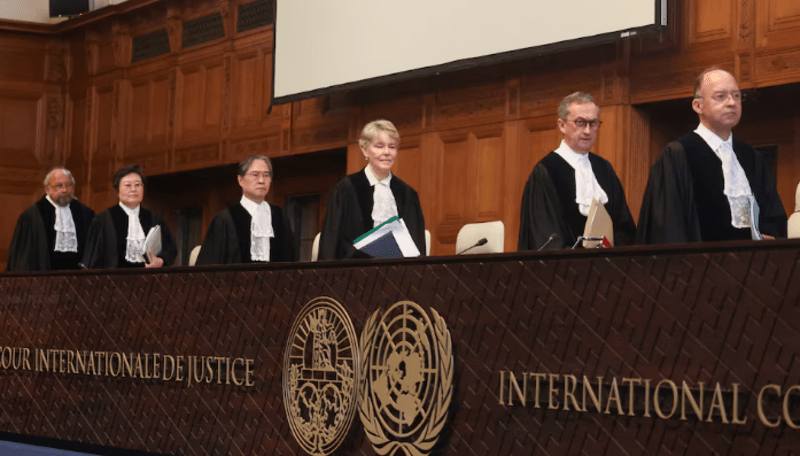
ICJ gives AU nod to participate in advisory proceedings on Israel's obligations in occupied Palestinian territories
The International Court of Justice (ICJ) has authorised the African Union (AU) to participate in advisory proceedings concerning Israel's responsibilities regarding UN activities in the occupied Palestinian territories.
More To Read
- Paralympics-Palestinian athlete sees himself as a voice for his people
- Spain announces it will join South Africa’s Gaza genocide case against Israel at ICJ
- South Africa seeks halt to Israel's Rafah offensive at International Court of Justice
- The ongoing Nakba: A call for justice and accountability
- South Africa urges more emergency ICJ measures against Israel over Gaza starvation
- Israel treats Palestinians as 'dispensable objects', Saudi envoy tells ICJ
In a statement released on Thursday, the ICJ confirmed that the AU had requested to be part of the proceedings and was granted permission to contribute.
"The International Court of Justice has authorized the African Union, at its request, to participate in the advisory proceedings on the Obligations of Israel in relation to the Presence and Activities of the United Nations, Other International Organizations, and Third States in and in relation to the Occupied Palestinian Territory," the statement read.
The court noted that the AU is expected to provide relevant insights on the matter under consideration by the UN General Assembly. As a result, the AU has been given until February 28, 2025, to submit its written statement.
This move highlights the AU's growing diplomatic engagement on global issues, particularly in matters concerning international law and sovereignty.
Solidarity
Palestinian Authority President Mahmoud Abbas addressed the African Union (AU) Summit once again last Saturday, continuing a long-standing tradition of solidarity between Africa and Palestine.
His speech delivered a sharp rebuke of Israel's policies.
However, the political landscape has shifted. While Africa once stood in unanimous support of Palestine, divisions have emerged, complicating the continent's stance.
The AU's alignment with the Palestinian cause dates back to 1975 when its predecessor, the Organisation of African Unity (OAU) condemned Israel's attacks on refugee camps in Southern Lebanon, calling them violations of international law.
The OAU reaffirmed its "total and unwavering support" for Palestinian liberation, endorsing all means necessary to reclaim occupied territories.
Fast forward to 2025, and the AU remains symbolically committed to Palestine, but the political reality is far more complex.
The 55-member bloc is no longer united on how to navigate the Israel-Palestine conflict. Nations like Kenya have strengthened bilateral ties with Israel, particularly in agriculture, defense, and cybersecurity, reshaping their foreign policy priorities.
This growing engagement with Israel contrasts with the steadfast pro-Palestinian positions of South Africa and Algeria, who view Tel Aviv's growing influence in Africa as an erosion of traditional solidarity.
The divide became clear in 2021 when Israel controversially secured observer status at the AU—an approval granted by former AU Commission Chair Moussa Faki.
The move triggered a backlash from key member states, exposing the fractures in Africa's once-unanimous stance on the Palestinian issue.
Top Stories Today
